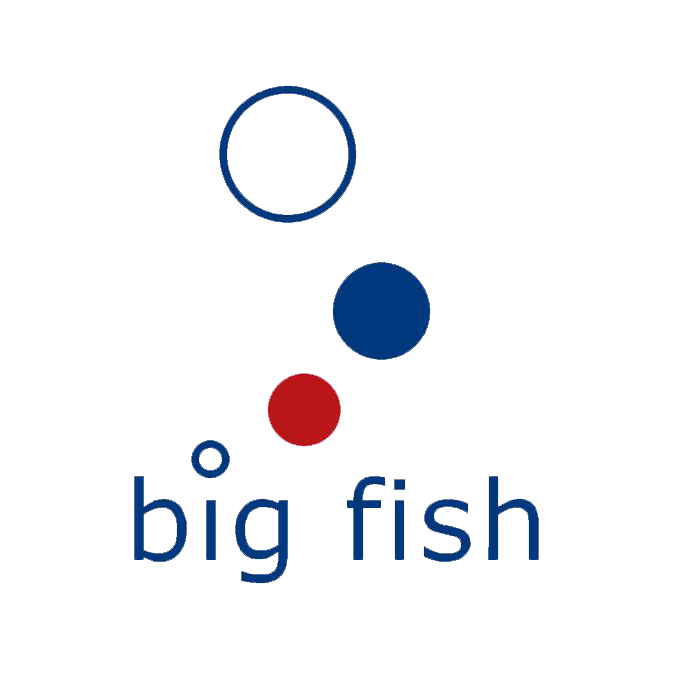EXTERNAL RESOURCE MANAGEMENT
Purchasing plays a key role in the resource management of a company and has consequently a big influence on its competitiveness. Its activities represent in average ¾ of the company's turnover. Therefore ¾ of the organization's expertise are found outside the company. The role of purchasing is to connect this external expertise with the internal know-how to enable them to create value TOGETHER, to the mutual benefit of the company and its suppliers. In order to do so, it is necessary to change the work attitude towards an integrated, collaborative spirit in an open environment and change from being reactive to being proactive. It is time to give Purchasing the necessary means, and transform it into the organization of tomorrow that manages the competences of the whole ecosystem into a collaborative, client-oriented and flexible way.
Welcome to the world of Integrated Resource Management!
SUPPLY CHAIN MANAGEMENT
Having long been the people behind the scenes—some CEOs even said that a good supply chain is a supply chain nobody talks about—the supply chain managers now have the opportunity to be seen in bright light, by becoming champions of their time in the company. Indeed, economic cycles accelerate, companies get stressed by time and fall into frenetic activism, either in tetany or in complacency for the few who have not yet experienced ‘burning platform’. In response to these problems, the Supply Chain, as the master of the flow, has demonstrated its expertise in this field.
The implementation of ‘just-in-time’ has given the legitimacy throughout the processes just as S&OP to synchronize the agenda of each function, to ensure harmony in the business, to manage time and accelerate it, making the prophecy of Andy Grove, the visionary former CEO of Intel, become truth: "In the future, there will be two types of companies: the quick and the dead ones!"
LEAN SYSTEMS
Companies are more and more subject to the hard laws of the markets and must adapt their management to maintain or improve their performance. This is about their very survival! They have to achieve two difficult and conflicting objectives:
- Adapt to the real needs of customers: just buy, produce, deliver or provide to use.
- Reduce costs while maintaining margins needed to survive.
For many of them, there is a shift from "continuous improvement" Kaizen to Kaikaku, the model of 'spontaneous revolution!"
This is the price to pay for companies to stay competitive.
CUSTOMER VALUE CREATION
- Operations Excellence
- Innovation
- Sustainable People Development
- Performance management
